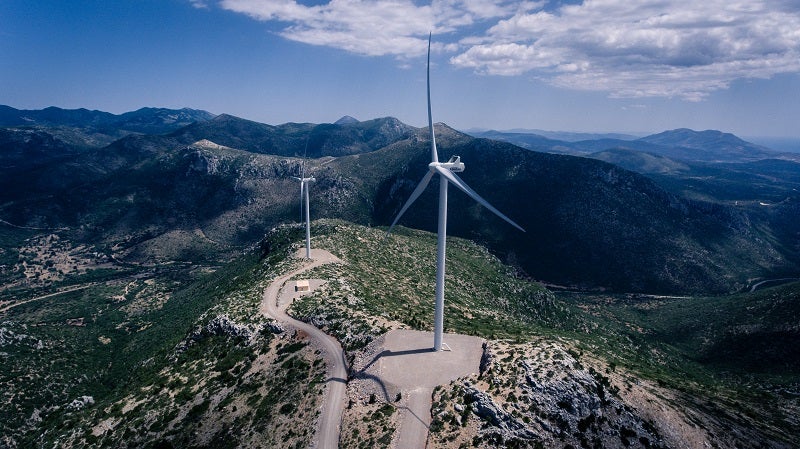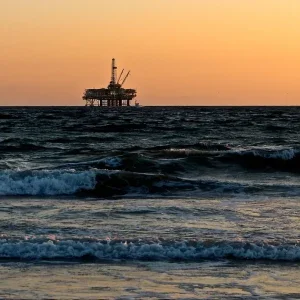
Total Eren has revealed plans to develop a 1GW onshore wind project combined with a 500MW-1GWh energy storage system in central Kazakhstan.
In this connection, the French renewable energy producer has signed a memorandum of understanding (MoU) with Kazakhstan’s Ministry of Energy, Samruk-Kazyna, which is the national wealth fund, and KazMunaiGas.
As per the MoU, the parties will work closely to develop, finance, build, and operate hybrid power plants as part of the renewable energy project.
Total Eren executive vice-president and business development global head Fabienne Demol said: “With this project, Total Eren is leveraging the established track record, expertise, and historical presence of its strategic shareholder, TotalEnergies.
“I am proud, together with my teams, to contribute to the development of a decarbonised economy in Kazakhstan, a country where Total Eren sees high potential thanks to great wind and solar resources and strong political support for renewable energy.”
The wind project is expected to feature nearly 200 turbines and the associated battery storage system will be delivered by Saft, a li-ion energy storage solutions provider owned by TotalEnergies.
The renewable energy project will generate nearly 3,800GWh of power annually for 30 years. This will be enough supply to meet the power consumption needs of over a million people in Kazakhstan annually.
Besides, it will offset CO2 emissions by approximately 3.2 million tonnes per year, said Total Eren.
The French company has been active in Kazakhstan since 2017 and had built the 128MW M-KAT and Nomad solar power plants. Oil and gas major TotalEnergies (formerly Total) has a stake of around 30% in the renewable energy producer.
TotalEnergies Kazakhstan country chair Ahlem Friga-Noy said: “TotalEnergies is pleased and proud with the signing of the 1GW onshore wind and storage Project MoU.
“This project will support Kazakhstan Low Carbon Development ambition announced by the President of Kazakhstan, Mr. Tokayev, by contributing significantly to increasing the share of renewables in the country’s energy mix, thus paving the way to the ultimate objective to achieve net zero by 2060.”






